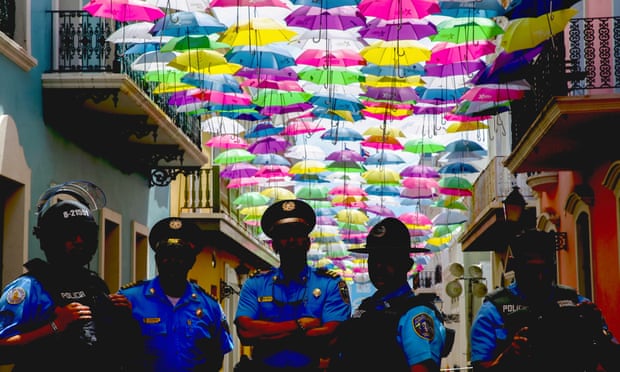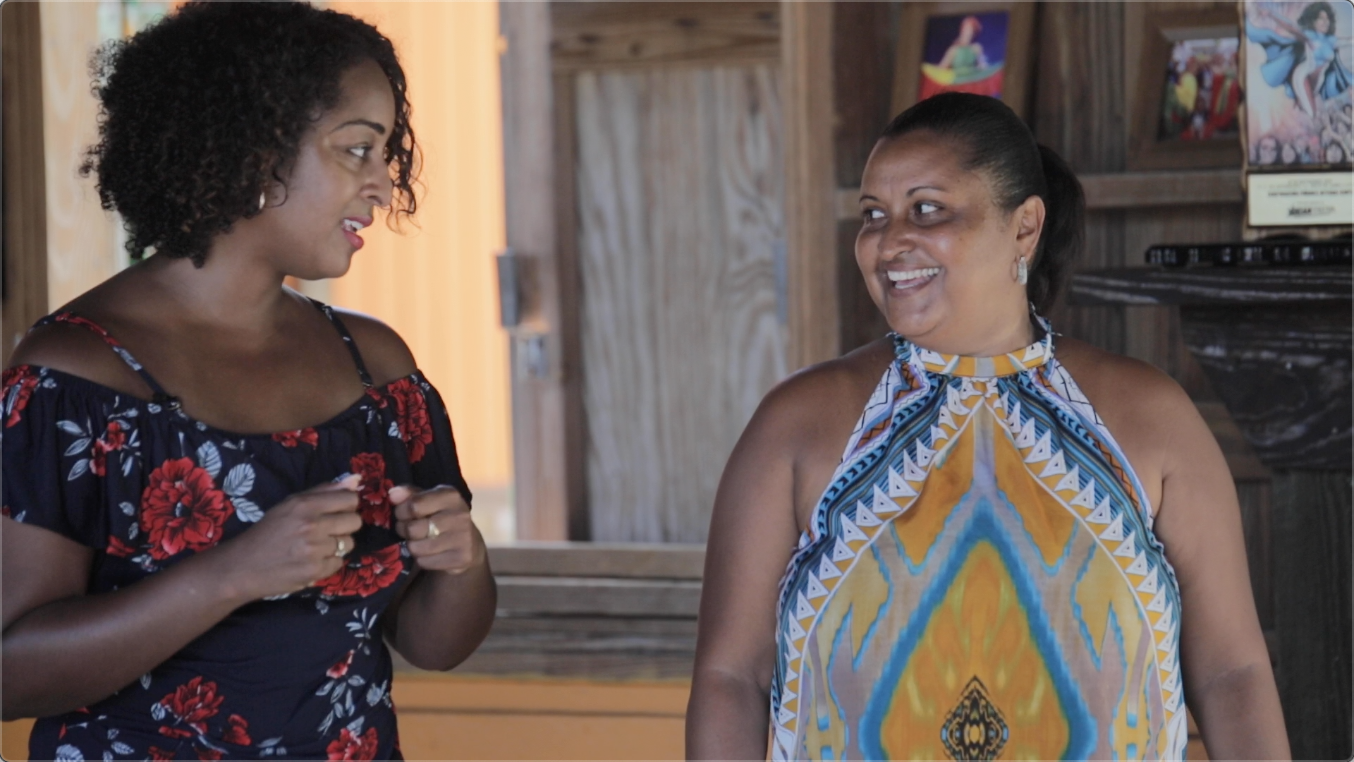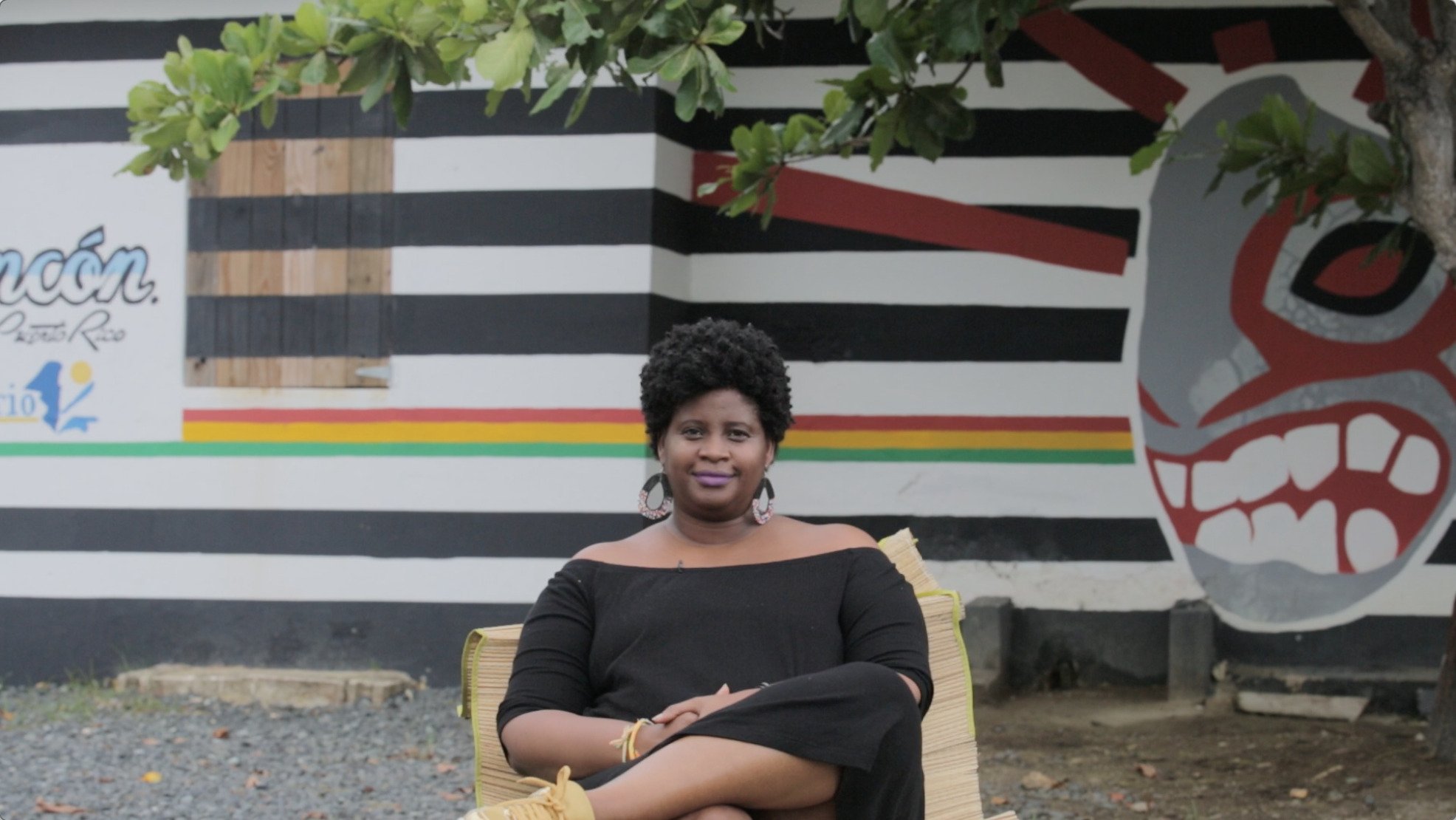
Karina Gross Polanco is still haunted by the moment she arrived on the scene after her brother, Anewki, had been shot dead by a member of the Puerto Rico police department.
"It was full of cops and closed off with yellow tape," said Gross Polanco. "When I saw him bleeding out on the floor and I asked what had happened and that we needed to call an ambulance, but they said it was an instant death by gunshot, there was no point."
While standing at a food truck waiting for his order in July 2017, Gross Polanco, a Dominican immigrant, got into a drunken argument with Nieves Pérez Ortiz, an off-duty police officer. The officer shot Gross Polanco, who was unarmed, in his head.
"I ask myself how is it possible that a cop with so many other ways of solving the situation just shoots my brother in the face?" Gross Polanco said. "He could have saved my brother's life with just one call. He left kids without their father and a family destroyed."
The murder highlights civil rights activists' concerns that Dominican immigrants are subject to police profiling and brutality in Puerto Rico and, in an age of increased scrutiny by Immigration and Customs Enforcement (Ice), are also being targeted for deportation on the island. It is a heavy burden for an already vulnerable community in Puerto Rico, often afraid to speak out about abuse or discrimination, or being singled out for violence.
"Many Dominicans have been murdered here in Puerto Rico," said José Rodríguez, a Dominican community leader who has lived in Puerto Rico for more than three decades.
Anewki Gross Polanco, 25, had come to Puerto Rico in a yola (a small wooden boat) with his sister years before. It was a treacherous and sometimes deadly trek by water across the Mona Passage that many Dominican immigrants take each year to reach the island, hoping for a better life.
His sister says Gross Polanco had an appointment at the immigration office scheduled that week but he would never make it.
Of the estimated 200,000 to 300,000 Dominicans living in Puerto Rico, Rodríguez says only a minority feel comfortable speaking out about any harassment they face or threat of deportation.
"Most of them are people who work, who do yard work, gardening, construction, welding, mechanics, cleaning; many women clean houses, take care of the elderly," says Rodríguez.
They have good reason to fear speaking out.
An investigation by the Centro de Periodismo Investigativo (CPI), revealed Ice has shifted its focus to rounding up undocumented immigrants who have already established residency in Puerto Rico, a trend also reflected in the mainland US.
"When they get here to the federal prison, they quickly send them to Miami. They don't have funds. They don't have anyone there and if they don't have the resources to find a lawyer there, it's very difficult," said Rodríguez.
"What happens is that right now immigration has become a lucrative business. Flights to bring immigrants to their countries are a business."
"Puerto Rican and Dominican people get along very well because … we are Caribbean and we have the same blood, the same DNA … we're brothers," said Rodríguez, referring to vibrant integrated communities where Dominicans have made roots on the island.
But despite the cultural integration, predominantly Dominican communities, such as Barrio Obrero, do exist in Puerto Rico.
"You can still point out where the Dominicans live, it's like they are segregated to certain areas. Those areas are identified as poor neighborhoods and areas with high crime rate and more police patrolling," says Dr Bárbara I Abadía-Rexach, a sociology professor at the University of Puerto Rico.
Rodríguez said the profiling of Dominicans has both racial and ethnic components to it, as they may speak with a distinct Spanish accent and are often perceived as more likely to be afrodescendientes or of Afro-Latino heritage.
"They stop you to corroborate you, they start talking to you to hear how you talk and that's what they use," said Rodríguez.
"We had a case of a Puerto Rican in Caguas who was beaten because he was black. They thought he was Dominican because for the police, there are no black men here. If you're black, it's because you're Dominican."
Race is a nuanced and at times complicated subject in Puerto Rico. Many Puerto Ricans take pride in the island as a racial utopia, which views itself as an equally valued mix of African, Taino native and Spanish heritage.
The distinct "black v white" racial framework that operates in the United States, particularly in the context of police brutality, can't be copy-pasted on to Puerto Rico. But scholars say it doesn't mean ethnic prejudice and racism doesn't exist.
"Policing blackness … gets folded into and justified through this xenophobia directed at Dominicans in Puerto Rico," said Marisol LeBrón, professor and author of Policing Life and Death : Race, Violence, and Resistance in Puerto Rico.
"And in that way, Puerto Ricans' discomfort with anti-black racism gets displaced on to this policing of immigrants."
But officials often deny there is a systemic problem on the island.
Eric Vos, a chief federal public defender in Puerto Rico, said profiling and arrests of Dominicans in Puerto Rico, haven't been on the uptick in his office.
"Anything's possible. It's a question of probable," says Vos. "It's just not something that we see. If they were targeting disproportionately foreign nationals, Dominicans, we would see a much higher number statistically of immigration cases.
"That's not to say it doesn't happen in state cases or in other scenarios but it just does not bear out in the federal arena."
While non-discrimination and equal protection is one of the 11 areas of reform compliance listed on the Puerto Rico police department's website, an explicit plan to address racial and ethnic profiling is not posted. Opinions on reform's success are varied.
"The problem is, the cops here investigate themselves. Complaints aren't investigated for that, because it's between cops. In other words, they have made the reform useless," said Rodríguez.
Police leadership is what Karina Gross Polanco is still hoping for two years after her brother's murder.
Last October a judge found the officer who shot him guilty of murder and sentenced him to 104 years in prison, but police convictions are still considered rare in Puerto Rico.
"Not all cops are the same, I have a few friends who are cops," said Gross Polanco, who still shows up regularly to the area where her brother was gunned down to place fresh flowers on a makeshift memorial. "At least now that rotten apple is gone and in jail. [But] if I don't do anything and push, he would have gotten free, he wouldn't be in jail."

Education Resource
Meet the Journalist: Natasha S. Alford
This project documents the impact of the hurricanes and political unrest on Afro-Latino communities...








